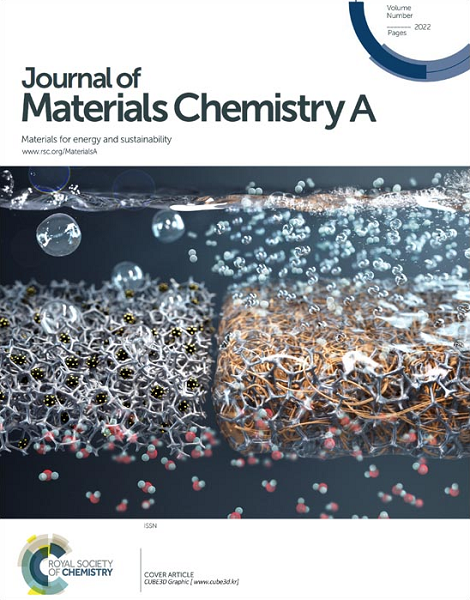Artificial Intelligence Assisted Nanogenerator Applications
IF 10.7
2区 材料科学
Q1 CHEMISTRY, PHYSICAL
引用次数: 0
Abstract
Piezoelectric and triboelectric nanogenerators are at the forefront of converting ambient mechanical energy into electricity. They have experienced a significant leap in functionality and autonomy through integration with artificial intelligence (AI). This integration not only boosts nanogenerator performance for autonomous operations by improving mechanical-to-electrical energy conversion efficiency but also forges new pathways in robotics and intelligent systems. It enhances the responsiveness and adaptability of these devices. Looking ahead, combining nanogenerators with AI is set to play a crucial role in promoting sustainable and eco-friendly energy solutions. Their dual contribution to advancing the capabilities of intelligent systems and promoting environmental sustainability marks a significant advancement in the use of nanogenerators in robotics. This review underscores the essential role of AI in refining nanogenerators, highlighting a path toward achieving energy autonomy and sustainability.人工智能辅助纳米发电机应用
压电和三电纳米发电机在将环境机械能转化为电能方面处于领先地位。通过与人工智能(AI)的集成,它们在功能性和自主性方面实现了重大飞跃。这种集成不仅通过提高机械能到电能的转换效率,提升了纳米发电机的自主运行性能,还为机器人和智能系统开辟了新的道路。它提高了这些设备的响应速度和适应能力。展望未来,纳米发电机与人工智能的结合将在促进可持续和生态友好型能源解决方案方面发挥至关重要的作用。它们对提高智能系统能力和促进环境可持续性的双重贡献,标志着纳米发电机在机器人技术中的应用取得了重大进展。这篇综述强调了人工智能在改进纳米发电机中的重要作用,突出了实现能源自主性和可持续性的途径。
本文章由计算机程序翻译,如有差异,请以英文原文为准。
求助全文
约1分钟内获得全文
求助全文
来源期刊

Journal of Materials Chemistry A
CHEMISTRY, PHYSICAL-ENERGY & FUELS
CiteScore
19.50
自引率
5.00%
发文量
1892
审稿时长
1.5 months
期刊介绍:
The Journal of Materials Chemistry A, B & C covers a wide range of high-quality studies in the field of materials chemistry, with each section focusing on specific applications of the materials studied. Journal of Materials Chemistry A emphasizes applications in energy and sustainability, including topics such as artificial photosynthesis, batteries, and fuel cells. Journal of Materials Chemistry B focuses on applications in biology and medicine, while Journal of Materials Chemistry C covers applications in optical, magnetic, and electronic devices. Example topic areas within the scope of Journal of Materials Chemistry A include catalysis, green/sustainable materials, sensors, and water treatment, among others.
 求助内容:
求助内容: 应助结果提醒方式:
应助结果提醒方式:


